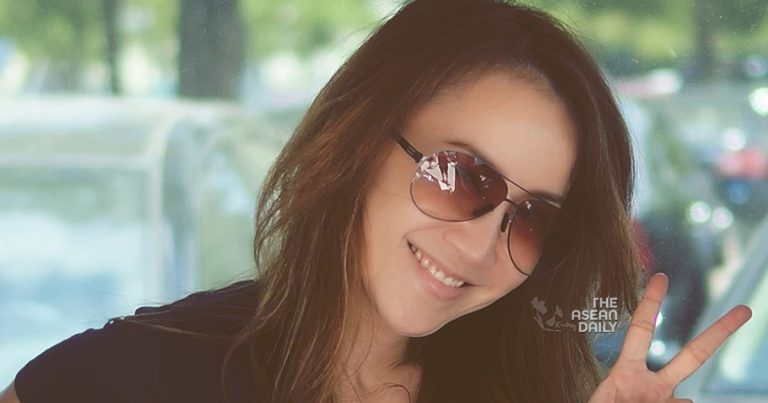16-4-2024 (BEIJING) While some fans may find the concept of artificial intelligence (AI) resurrecting their deceased idols intriguing, recent AI-generated videos of late celebrities like Hong Kong-born diva Coco Lee and mainland actor Qiao Renliang have stirred controversy and raised legal concerns.
These videos, which have gone viral on social media platforms in recent weeks, feature AI-generated likenesses of deceased stars delivering greetings and messages, sparking both fascination and debate over the ethical and legal implications of such technology.
While some internet users view these AI “resurrections” as tributes to their beloved icons, many families of the deceased celebrities have expressed discomfort and distress, stating that the videos were created without their consent, adding to their grief.
Moreover, unscrupulous operators have exploited this technology for profit, selling AI-generated videos of deceased stars online, ranging from 30 seconds to 1 minute, for prices between 80 to 600 yuan ($11 to $83).
Legal experts have underscored that the use of AI to recreate deceased individuals, including celebrities, without consent constitutes a violation of their rights. Zheng Ning, head of the Law Department at the Communication University of China’s Cultural Industries Management School, emphasized the necessity of obtaining permission from families before using AI to memorialize deceased individuals.
Zhao Zhanling, a Beijing lawyer, asserted that the families of deceased individuals have the right to demand the removal of AI-generated content from online platforms and hold both the platforms and video creators accountable under the Civil Code.
The proliferation of these videos has prompted strong reactions from the public, with discussions on platforms like Sina Weibo attracting millions of views. Qiao Kangqiang, the father of Qiao Renliang, expressed his displeasure with the AI-generated videos of his late son, emphasizing the emotional distress they cause his family.
Similarly, Coco Lee’s family issued a statement through their lawyer demanding the removal of AI-generated content featuring the late singer, citing the significant disruption and distress caused to their lives.
Legal experts have called for a balance between technological innovation and the protection of individual rights, emphasizing the need for stricter regulations and industry self-regulation to govern the use of AI in recreating deceased individuals.
Sun Mingxi, a senior judge from the Beijing Internet Court, emphasized the importance of protecting the personality rights of the deceased and urged for specific legal provisions to address the challenges posed by AI advancements.
As AI technology continues to evolve, legal awareness and regulatory measures are crucial to prevent the misuse of AI in infringing upon the rights of individuals and safeguarding public interests. China’s current regulations prohibit the use of AI to generate content that violates national security, harms public interests, or infringes upon personality rights and intellectual property rights.




